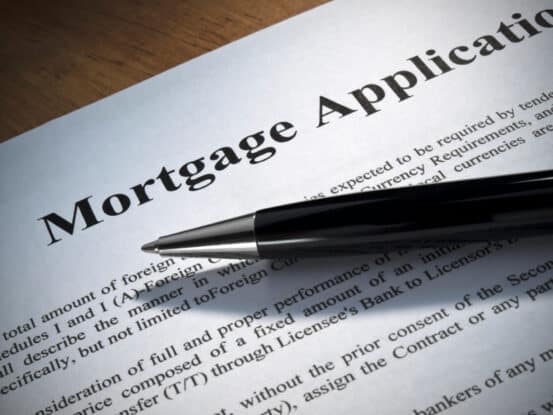One of the most commonly asked questions by people seeking to buy a home in Israel is “how much can I borrow to buy a home in Israel?” The response to this question is twofold and can best be answered by asking two further questions:
1. What is the value of the property you are buying?
According to the Bank of Israel, first-time buyers who are residents of Israel (including foreign citizens) can borrow up to 75% of the property value, or 75% LTV (loan-to-value), to buy a home in Israel. Non-residents of Israel, and/or those who already own a property in Israel – are limited to 50% LTV. (Where one spouse is an Israeli citizen, the banks can lend up to 60%, even to foreign residents.) All lending is subject to approval by the bank.
The bank determines the value of the property in Israel by looking at both the purchase price and the appraisal value of the property, and working with the lower of the two figures. It is therefore advisable for buyers who are relying on large mortgages to obtain an appraisal report from a professional appraiser in Israel before signing any purchase agreement.
2. How much can you afford to pay back each month?
Israeli banks always require borrowers to provide income verification, even if the percentage of financing is relatively low. As a general rule, they require your NET monthly income to be three times your monthly mortgage payments. For example, if your mortgage payments are 4,000 NIS per month, the bank will want to see that you have NET income of 12,000 NIS per month. There is some flexibility on this rule, especially if a client can show other savings or assets. In most cases, the banks will want to see a client’s current income; including their most recent pay slips, bank statements and ID documentation. For a foreign resident, the past two years tax returns, credit history, and a letter from an accountant will usually suffice.
Other ways to finance your home purchase in Israel:
i) Take a personal loan:
For clients willing to open a bank account, Israeli banks can offer large, unsecured loans at attractive rates of interest, for up to 10-15 year terms. These loans can be as large as 10% of the purchase value, effectively increasing the level of financing to 85% LTV for Israelis, and 60% LTV for foreigners.
ii) Secure an existing Israeli asset:
As mentioned above, if the property you are buying is not your first home in Israel, you can only get up to 50% financing. However, you can also borrow up to 50% of the value of your existing home, effectively increasing the financing of your second purchase to 95%.
iii) Borrow in foreign currency:
Foreigners looking to finance a home purchase in Israel can get up to 60% LTV from certain banks if they borrow in a major currency other than shekels.
The first step in the mortgage process in Israel: Getting pre-approved
The first step in taking a home loan in Israel is obtaining a pre-approval letter (ishur ikroni). Pre-approval letters can be prepared even before you’ve picked out your home, based on what you can afford. With a pre-approval in hand, buyers know exactly how much they can borrow – and therefore how much house they can afford. This puts the buyer in a stronger position to make an offer, negotiate and close on a property. Pre-approvals are valid for 3 months and can usually be extended if you do not find a property immediately. If you are starting to look to buy a home, the first step should always be to get pre-approved for a loan.

Aaron Krasner is a private mortgage consultant in Israel and is the owner of Anglo Mortgages. Aaron can be reached by email at [email protected].




